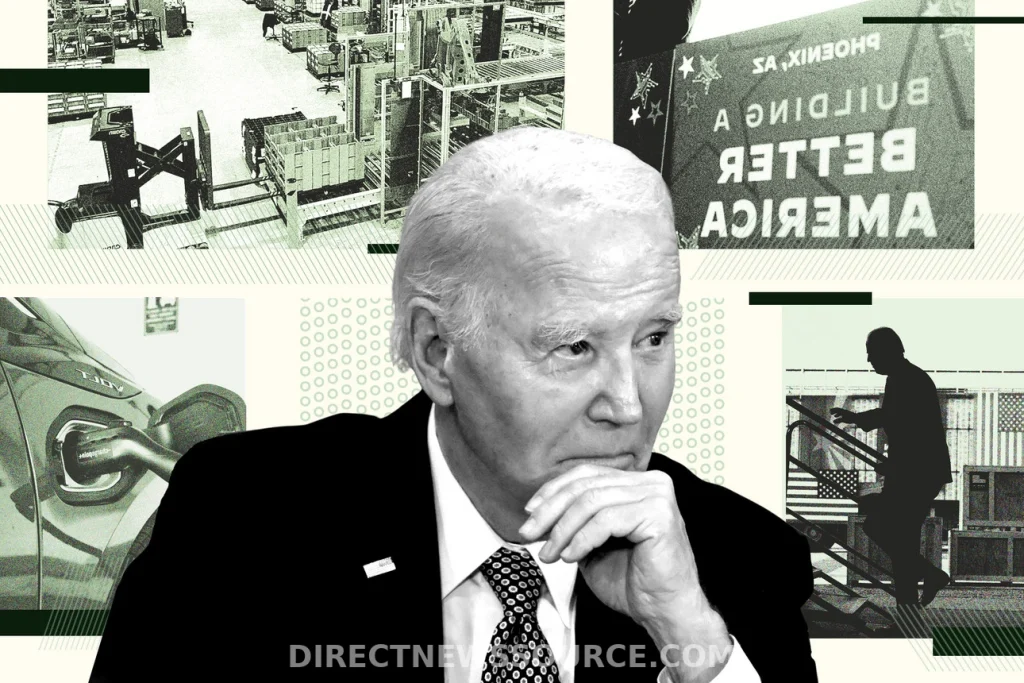
President Joe Biden’s ambitious plans to reshape the economy and drive a clean-energy revolution with over $1.6 trillion in investments have faced challenges as they faded into the background during the 2024 election season.
Despite significant progress, a closer look at the administration’s spending and tax strategies reveals a mix of achievements and areas where the agenda has yet to take full effect.
The ‘Biden’s Billions’ series by POLITICO has highlighted both the positive economic impacts and the lingering uncertainties surrounding Biden’s initiatives. Solar energy installations have soared, but there are concerns about meeting climate targets. Broadband expansions have been slow, and efforts to install electric vehicle chargers have faced hurdles.
While Biden’s initiatives have attracted private investments and created job opportunities, there are still billions of dollars awaiting deployment, leading to debates among lawmakers on the future of these programs.
Despite the challenges, Biden’s legacy in climate, clean energy, and infrastructure is significant, with substantial investments and tax incentives allocated to advance these priorities.
The administration’s focus on blending progressive goals like addressing climate change with blue-collar interests in infrastructure development has shaped a new approach to domestic policy.
As Biden’s term nears its end, the impact of his economic agenda remains uncertain, with questions about the legacy and sustainability of his initiatives lingering.
While critics, particularly Republicans, have raised concerns about the economic implications of Biden’s agenda, supporters see it as a transformative step towards a cleaner, more sustainable future.
As the transition of power looms, the fate of Biden’s economic programs, especially in areas like clean energy, manufacturing, and infrastructure, remains uncertain, with potential changes expected under the incoming administration.









